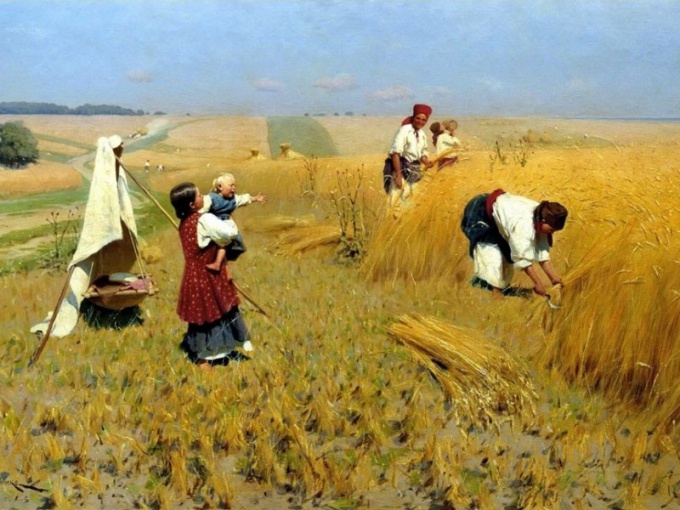How the life of the peasants changed after 1861
How the life of the peasants changed after 1861
The abolition of serfdom was one of the key events in the history of Russia. Its consequences were different for the social strata of society. The life of the peasants changed radically after 1861.

Instructions
1
The personal freedom of the peasants after 1861becomes another. They were no longer considered serfs. Their status of "temporarily liable" meant only dependence on the payment of special duties. The peasant received civil liberties.
2
Property If previously the property of the peasants belonged to the landowners, it was now recognized as personal property for the former serfs. This concerned homes and any movable property.
3
Self-management Peasants received the right to manage in the villages. The primary unit was rural society, and at the highest level there was a volost. All posts were elected.
4
Land After the abolition of serfdomStill, peasants could not have their own land. It belonged to the landowner. But he gave a peasant plot for use by the peasant. He was called "homestead pale". In addition, a field allotment appeared for the needs of the entire community.
5
Size of allotmentsAccording to the new reform, the stateestablished the maximum and minimum size of the allotment of land. To create the optimal site, a system of "segments" and "primeszki", respectively, reducing or increasing the earth. The average size of the allotment was 3.3 dessiatins, which meant minimization in comparison with the pre-reform period. In addition, there was a practice of resettlement of peasants in the areas of infertile land.
6
Obligations From the allotment of the earth it was impossiblerefuse to be 49 years old. For using it, the peasant had to incur obligations: corvee, which signified the system of working off, and a quid pro quo in monetary terms. The landowner himself composed a charter, in which the size of allotments and duties was stipulated. This document was certified by the world mediators.
7
Termination of Debt Obligations After the reformIn 1861 the peasants had several options for getting rid of duties. First, it was possible to redeem the allotment. This was the longest way out of the situation. After the ransom, the peasant became a full-fledged proprietor. Secondly, it was possible to refuse the put-on allotment. Then the landlord allocated a quarter of him as a gift. Thirdly, the rural society could buy a common allotment, saving the peasants from the obligation.







